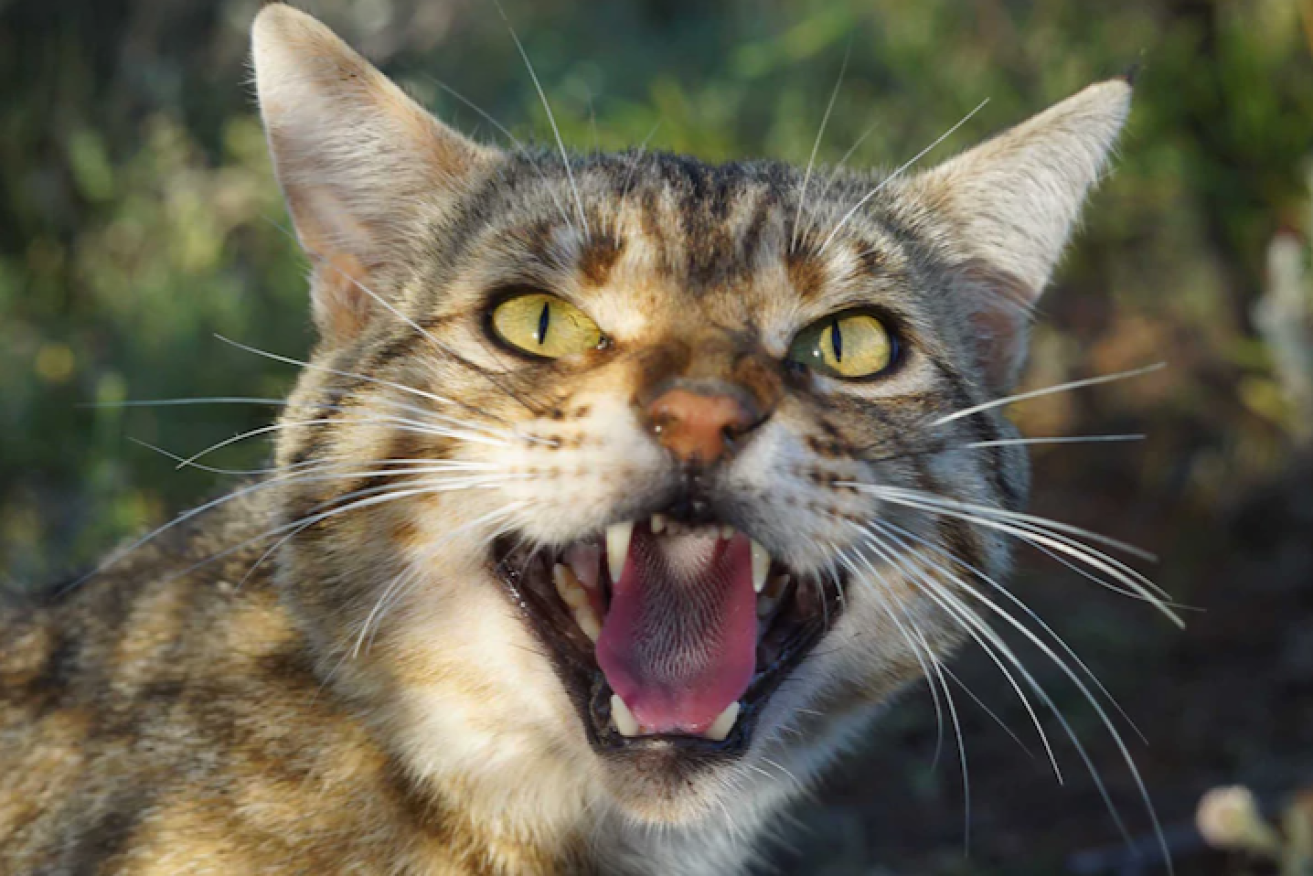When puss comes to shove, councils move for mandatory cat desexing
Queensland councils are set to renew a push to make desexing of pet cats mandatory to protect native wildlife.


Cats are among the biggest killers of native wildlife. (ABC image).
The move is the latest in a long struggle by local governments to improve the management of pet cats, regarded as a major threat to native bids and small mammals in Australia.
Animal management is one of the most vexed responsibilities for local councils and their past attempts at improving laws covering domestic pets have had mixed success. As with many contentious community issues, while such laws are legislated by the state, it is up to local councils to manage and enforce them.
Now Southern Downs Regional Council is spearheading another bid to force cat owners to desex and contain their animals.
The council has a motion before this week’s Local Government Association of Queensland annual conference calling on the State Government to amend the Animal Management Act to mandate cat desexing.
The council will argue that problems associated with cars are a nationally recognised issue and that “cat dependent” diseases cost the nation $6 billion a year.
The motion is one of 138 policy proposals set to be debated at the LGAQ conference in Cairns this week.
Brisbane City Council is arguing for an even wider revamp of the laws, saying regulation and enforcement need to be addressed.
“In order to resolve the missing pieces of the Act, local governments ae required to include additional enforcement provisions under their local laws to ensure the best possible regulatory outcomes for the community,” the councils says in material supporting its motion before the conference.
Agriculture Minister Mark Furner, who is responsible for the laws the council wants to change, has already set up a taskforce to review the legislation. Draft recommendations for changes are expected by the end of the year.
South Australia, Western Australia, Tasmania and the ACT have laws mandating the desexing of pet cats.
Some Queensland councils offer subsidies to help residents cover the cost of desexing pets.












